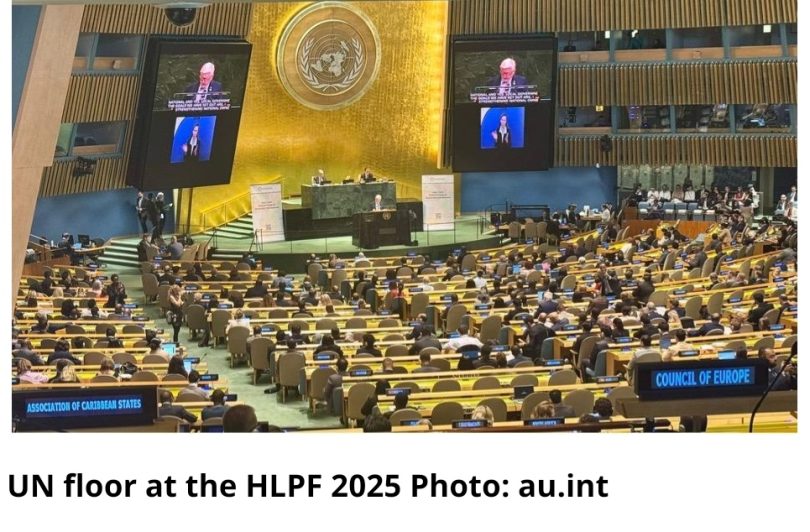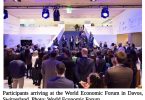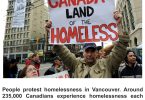The 2025 High-Level Political Forum on Sustainable Development concluded last week in New York with a call for renewed cooperation and urgent action to accelerate progress on the Sustainable Development Goals (SDGs). Amidst ongoing global challenges, participating countries endorsed a Ministerial Declaration, signaling their continued commitment to the 2030 Agenda.
Held under the UN Economic and Social Council, this year’s forum convened more than six thousand participants from governments, international organizations, civil society, academia, and the private sector. It came at a critical moment, as countries continue to navigate economic challenges, climate risks, conflict, and rising inequality. Discussions centered on five Sustainable Development Goals: Good Health and Well-Being, Gender Equality, Decent Work and Economic Growth, Life Below Water, and Partnerships for the Goals.
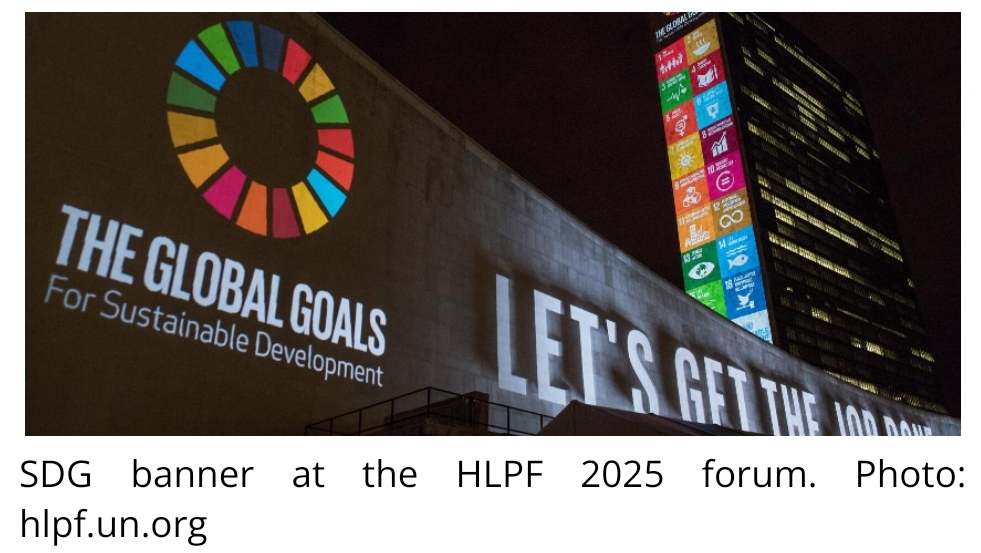
Throughout the ten-day session and event period, participants assessed the progress made since the last forum and shared policies that have delivered results in various regions. Many speakers acknowledged that, although improvements have been made in areas such as health access, education, and digital infrastructure, the pace of progress remains uneven. The 2025 Sustainable Development Goals Report noted that only 35% of the targets are on track or making moderate progress. A large portion is moving too slowly, and 18% have gone in the wrong direction.
The Ministerial Declaration called for renewed commitment to the principle of leaving no one behind. It encouraged countries to align national plans with the SDGs and invest in inclusive economic development, climate resilience, universal health coverage, and digital connectivity. The declaration also stressed the importance of good governance and international cooperation as essential tools for advancing sustainable development. It was adopted by a recorded vote of 154 countries in favor, two against, and two abstaining.
UN Secretary-General António Guterres described the SDGs as a practical guide to a better future, calling them a plan to fulfil promises to the most vulnerable and to future generations. Bob Rae, President of ECOSOC, noted that national ownership of the goals must be more than a policy preference. He called for the SDGs to be at the center of how governments make budget and planning decisions.
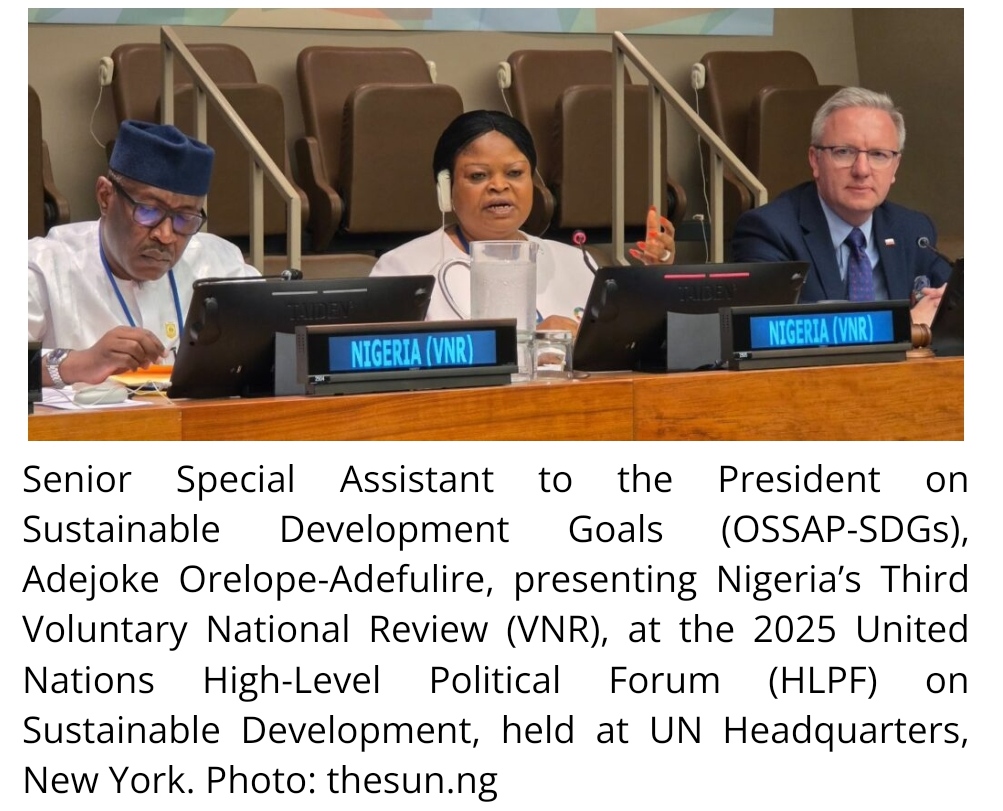
A key feature of the forum was the presentation of thirty-five Voluntary National Reviews. These reports demonstrated how countries are implementing the goals in line with local priorities and tailoring them to diverse social and economic contexts. Bangladesh presented its Future Nation platform, which helps young people connect with job training and mentorship opportunities. Ethiopia has described its national coding initiative aimed at expanding digital skills. Finland reported progress in ocean protection and support for international efforts to curb plastic pollution.
Other reviews covered a wide range of areas. Germany outlined its gender equality law, requiring greater representation of women in leadership. Papua New Guinea presented initiatives to build digital literacy among rural women. Nigeria described its investment in digital governance and infrastructure to support small businesses and job creation. Japan reported that public awareness of the SDGs has nearly doubled over two years through a national awards program that encourages innovation and action.
Beyond the formal sessions, the forum hosted over 190 side events, exhibitions, and technical labs. Several new reports were launched, including thematic papers on climate and development synergies, energy access, and disaster insurance coverage. These reports aim to strengthen evidence-based planning and provide countries with additional tools to measure progress and adapt to changing conditions.
Many speakers highlighted the persistent challenge of financing. The SDG investment gap now stands at four trillion dollars annually. Delegates from Guinea, Micronesia, and other countries urged increased support for national efforts, particularly in low- and middle-income countries facing substantial debt burdens. The Ministerial Declaration reflected these concerns, calling for reforms to the international financial system and stronger support for domestic resource mobilization.
Education was also identified as an area needing greater attention. Representatives warned that hundreds of millions of children are still out of school, and many who are enrolled are not reaching basic learning standards. Japan, speaking on behalf of the Group of Friends for Education, said that investment in education remains one of the most effective strategies for long-term peace, growth, and social cohesion.
Health and protection for children and youth were recurring themes throughout the forum. UNICEF and other groups warned that millions of children still lack access to basic health care, education, and protection services. In conflict zones, the effects are even more severe. One speaker noted that every four minutes, a child somewhere in the world dies as a result of violence. Many delegates agreed that investment in early childhood services is essential for breaking cycles of poverty and inequality.
Several regional groups shared perspectives shaped by local experiences. Small island states in the Caribbean and Pacific called for climate policies that reflect local knowledge and realities. The World Roma Federation requested greater inclusion of marginalized groups in SDG processes and visibility across UN platforms. Tunisia drew attention to the humanitarian situation in Gaza, asking that international commitments be matched by meaningful support for people affected by violence and displacement.
Business leaders and development banks also contributed to the forum. Representatives from the private sector shared examples of how companies are supporting sustainable growth through innovation and partnerships. UNIDO emphasized the need for industrial development strategies in emerging economies, especially in regions affected by global supply chain disruptions and reduced investment.
Romania has introduced a national strategy to train sustainable development professionals, reporting that 2,000 individuals will be certified by the end of the year. The country is also developing a digital platform to support the implementation of SDGs at the local level by connecting government, civil society, and private sector actors.
In closing remarks, UN Under-Secretary-General for Economic and Social Affairs Li Junhua described the 2025 forum as a reminder of what is possible when countries come together. He stated that the Ministerial Declaration conveys a message of shared purpose and acknowledges the contributions of all participants. While the challenges remain significant, he said, the decisions made in New York offer a foundation for collective action in the years ahead.
As the world enters the final stretch before 2030, the forum concluded with a sober understanding of the work that remains. Achieving the SDGs will require political will, sustained investment, and close coordination between countries and communities. The vision remains in place. What matters now is delivery.
Written by Olivier Noudjalbaye Dedingar, USA/ UN Correspondent.


